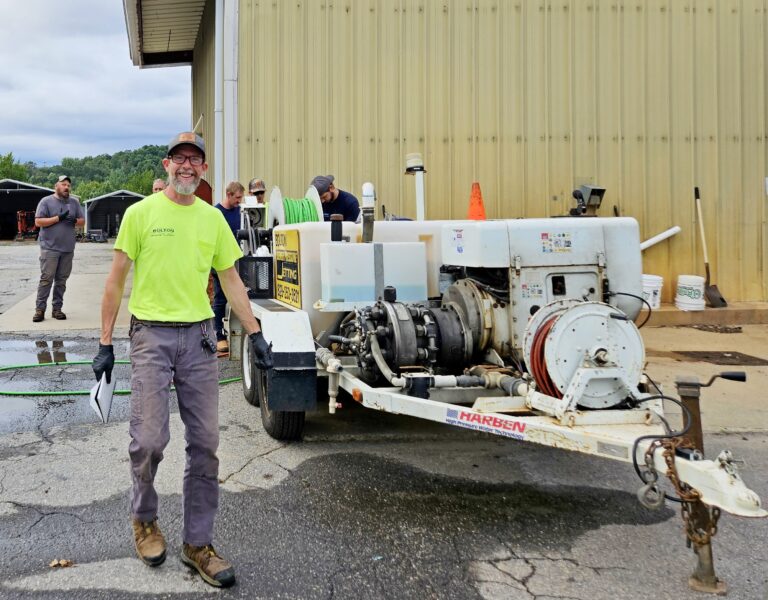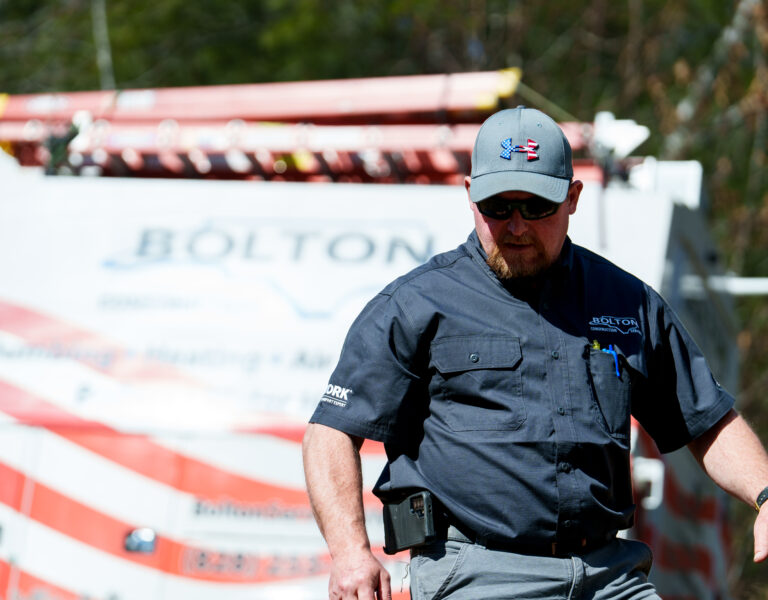Is a Tankless Water Heater on Your Horizon?
With the trend towards bigger homes and greater energy efficiency, the conversation around tankless water heating systems has gotten louder.
What Are They?
Unlike conventional water heaters, tankless (also called on-demand) systems do not store hot water in a central tank for future use. Instead, they heat water only when a hot water faucet is opened. Tankless systems can be housed in your mechanical room, but some homeowners install units close to where there is high demand for hot water. This is a great idea, especially if a conventional water heater is some distance from your shower or kitchen sink.
This is Not New Technology
Tankless water heaters are common in Europe and in Central and South America, so the concept is tested and well understood. If maintained properly, they can last 20 years or more. If installed close to the point of use, they can also eliminate the need for separate hot and cold water pipes from a central location to your faucets.
Their Higher Price is Offset by Lower Operating Costs
Some tankless water heaters are more expensive than conventional units. But keeping 40 gallons of hot water or more on hand, all the time, to fulfill all your household needs is expensive too. Tankless systems only use power when a hot water faucet or shower valve is open. When you turn the faucet off, the heater shuts off. Period. With innovative hot water recirculation designs for on-demand heaters, you will reduce your water consumption too: Heated water cools off as it sits in your pipes. How much unused water do you send down the drain before you have a comfortable shower experience?
They Reduce the Likelihood of Flooding
Because these systems eliminate the need to keep a 40-gallon reservoir of water in your basement, they significantly reduce the risk of flooding caused by a failed tank.
Routine Maintenance is Still Essential
Most household water sources provide “hard” water, water that has a high mineral content. Hard water is (ahem) hard on tankless systems. You may need a water softener. But sediment buildup and aging are less of a problem. So it’s a toss-up, and regular maintenance will help prevent damage down the road.
Should You or Shouldn’t You?
If you are doing new construction, you definitely should discuss tankless systems with your builder.
A tankless system may be the way to go if your hot-water demands are modest and you are committed to proper maintenance when you need to replace your water heater.
If your household’s hot water demands are high and you want to address your current system’s shortcomings, you might consider adding a tankless unit at strategic points in your home.
Talk to the plumbing experts at Bolton Construction & Service of WNC, Inc. about what’s out there and what best suits your situation. The initial investment in a tankless water heater is higher, but the payback in energy and water use savings make a compelling case. It can simply augment your conventional hot water system, or it can work for your entire home!












